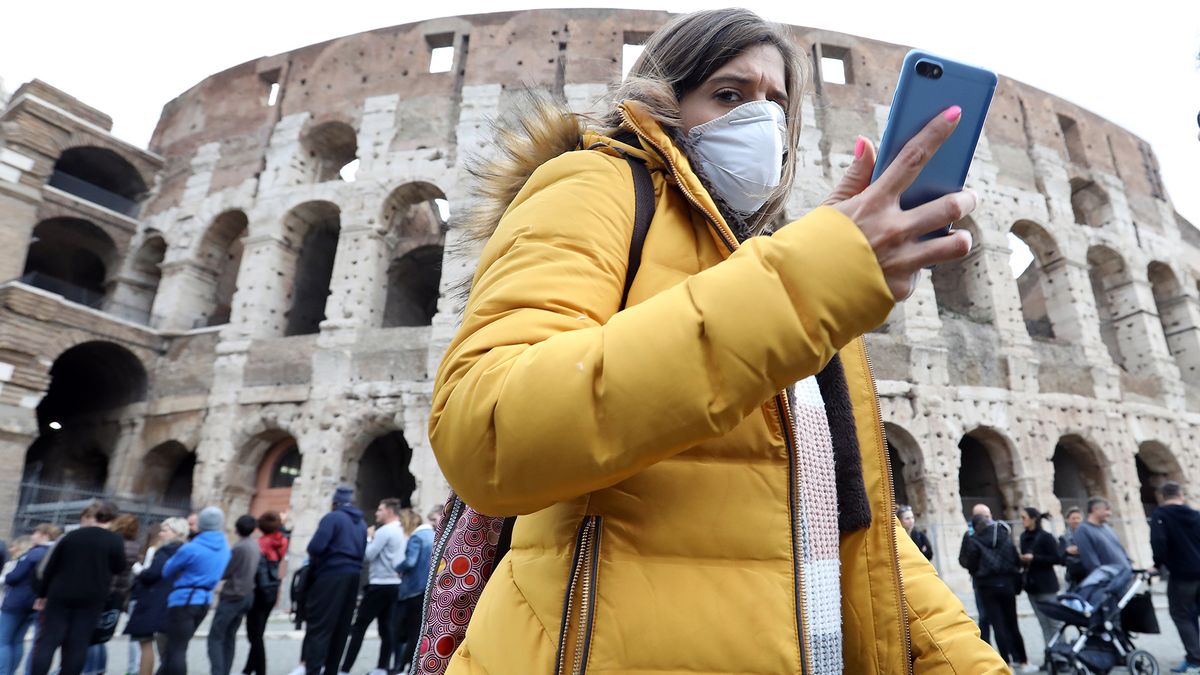Could a person’s antibodies determine who leaves quarantine? Italians ponder the question

A few minutes every morning is all you need.
Stay up to date on the world's Headlines and Human Stories. It's fun, it's factual, it's fluff-free.
In Italy, there is cautious optimism that the worst of the coronavirus outbreak is now over for the country. As the nation with the most recorded deaths due to the virus, over 15,000 as of April 5, Italy has seen the number of new cases steadily level off, in what has come to be known as “flattening the curve.”
While Italian authorities are starting to consider what would need to occur in order to remove the stringent lockdown measures that have been in place for the last few weeks, some are suggesting that testing the blood of Italians for antibodies could help determine who is ready to leave quarantine and who must remain indoors.
If done properly, testing a person’s blood for antibodies is said to indicate whether that person has already been exposed to the coronavirus or not, regardless of whether or not that person has experienced symptoms.
This test would be different from the COVID-19 test, which is done with a cotton swab that analyzes the mucus in the nose and the back of the throat.
Researchers uncertain
The antibodies test could be helpful in identifying who is immune to the virus. In theory, these individuals could safely leave their homes and return to work without being at risk of contracting the virus again.
Researchers, however, are uncertain whether the antibody test is truly a marker for immunity, even if it’s determined that the person in question has been exposed to the virus before.
Italian scientists say that the coronavirus produces two types of antibodies in people’s blood, one that appears within five to six days after exposure, and another that replaces it after the person has recovered. This second antibody leaves behind a marker that shows that this person has had the virus.
Other ideas have been floated, such as infusing the antibody-rich plasma of those who have recovered from the virus into those patients who currently have it in the thought that doing so could help fight the virus off.
Researchers, however, say that it is also unclear for now whether or not this method would be effective.
Hard choices
With Italy at the center of the fight against the virus in Europe, policymakers have the added pressure of being on the frontlines of trying to determine what’s suitable in terms of public policy and economic responses in a time of extreme duress.
In the Veneto region, an area of Italy that includes Venice, some policymakers have proposed giving out a special license to those who can prove that they’ve had the virus. Bearers of this license would then be granted more freedom of movement. Former Prime Minister Matteo Renzi has also mentioned the possibility of a “Covid Pass” for the uninfected.
Others, however, say this would be a dangerous, almost dystopian, method for society to adopt.
“It looks like it splits humanity into two, the strong and the weak,” said Michela Marzano, a professor of moral philosophy at the Paris Descartes University.
Still, the search to find certainty of whether the antibody tests might be effective could be weeks or even months away.
According to Dr. Luisa Bracci Laudiero, an immunologist at the Italian National Research Council, the antibodies “should be protective, we all hope they are, but we don’t have the mathematical certainty.”
[article_ad]
Have a tip or story? Get in touch with our reporters here!




Comments ()